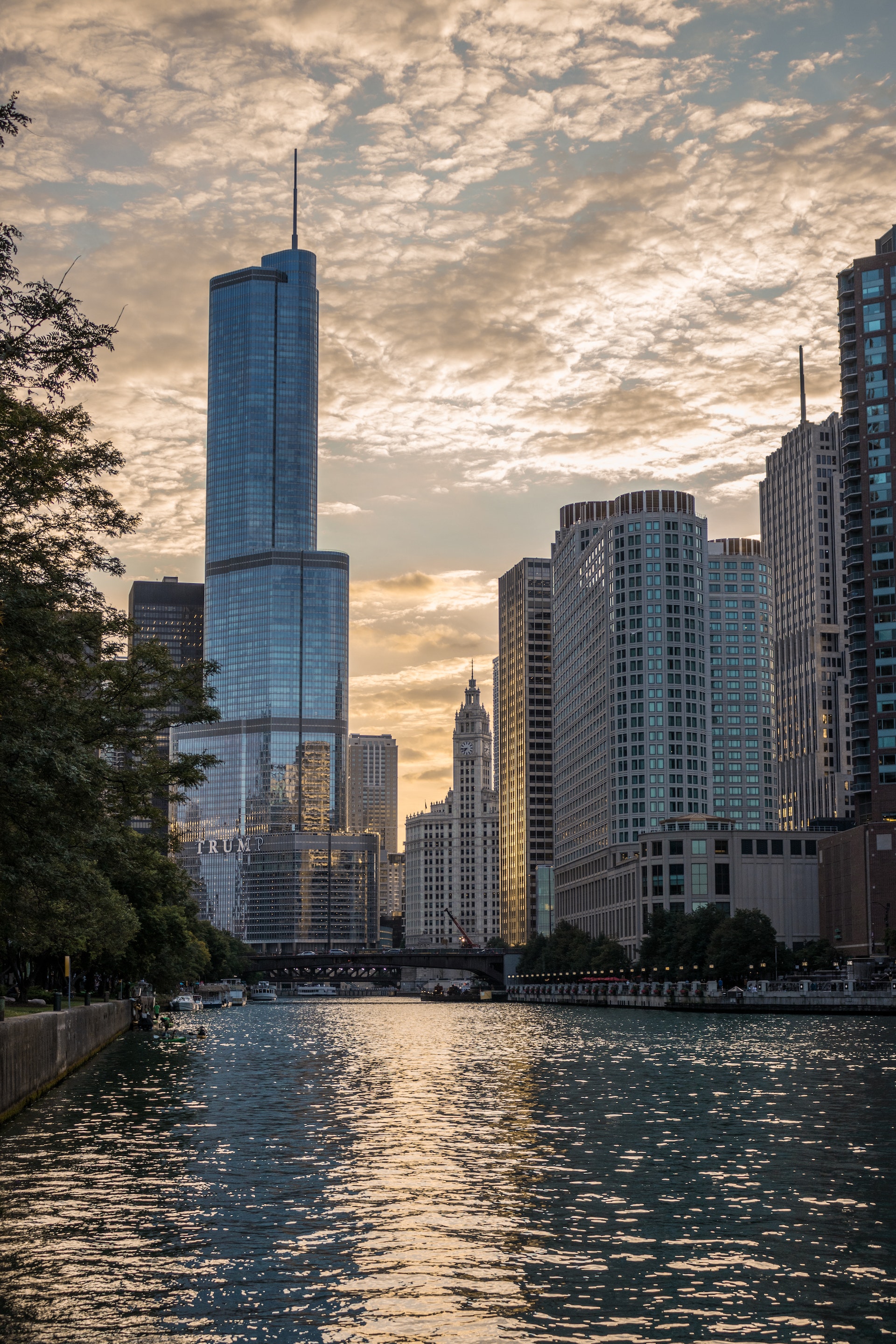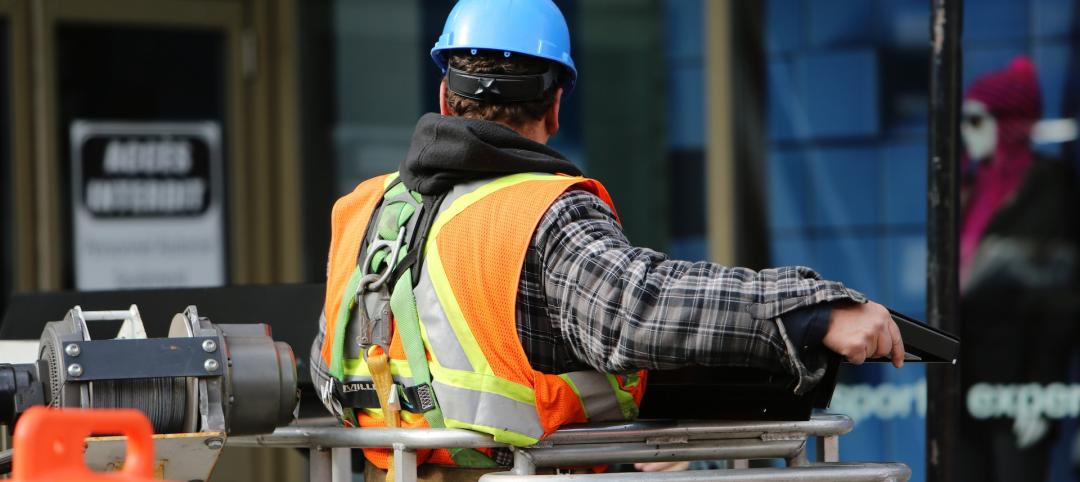To address increased incidents of flooding, a community-led initiative in the Chicago area is having local people identify solutions that best fit their needs.
RainReady Calumet Corridor project favors solutions that use natural and low-impact projects such as rain gardens, bioswales, natural detention basins, green alleys, and permeable pavers, to reduce the risk of damaging floods. A recent study found that extreme weather events and heavy rainfall disproportionately affect people of color and immigrants in the area.
The project in Cook County, Ill., could be an effective way to give residents experiencing chronic flooding issues who have been left out of discussions a say in how to respond to flooding.
An official with the Metropolitan Water Reclamation District says that the flooding problem in the Chicago region is so large that a foolproof solution would be cost prohibitive. Mitigation efforts will need to be different in each community, so local people should decide what’s best for them, the reasoning goes.
Final implementation in the areas involved is expected to start between fall 2023 and spring 2025. If the project works well, its leaders hope to replicate it in other parts of the county and nationwide.
Related Stories
Office Buildings | May 1, 2023
Office building owners face potential legal liabilities when adding new workplace amenities
Many landlords in the war for tenants have turned to offering new amenities such as conference room services, fitness centers with nutritionists, and high-end food and beverage offerings. To provide new services, landlords often engage with third-party vendors, which can present thorny legal liability.
Codes and Standards | May 1, 2023
Hurricane Ian aftermath expected to prompt building code reform in Florida
Hurricane Ian struck the Southwest Florida coastline last fall with winds exceeding 150 mph, flooding cities, and devastating structures across the state. A construction risk management expert believes the projected economic damage, as high as $75 billion, will prompt the state to beef up building codes and reform land use rules.
Codes and Standards | Apr 21, 2023
Federal court overturns first natural gas ban in the U.S.
A recent ruling by the Ninth U.S. Circuit Court of Appeals in San Francisco invalidating Berkeley, California’s ban on natural gas within new building construction puts similar measures adopted around the country in legal jeopardy.
Codes and Standards | Apr 21, 2023
Sixteen-year-old climate law not having intended impact on decarbonizing federal buildings
Sixteen years out from a 2007 law that aimed to end the use of fossil fuels in federal buildings, gas heat is still being installed within the federal sphere.
Green | Apr 21, 2023
Boston to adopt stringent climate-friendly building code
Boston will soon adopt a new stringent green state building code that aims to significantly reduce carbon emissions in new construction and major renovations.
Multifamily Housing | Apr 21, 2023
Arlington County, Va., eliminates single-family-only zoning
Arlington County, a Washington, D.C., community that took shape in the 1950s, when single-family homes were the rule in suburbia, recently became one of the first locations on the East Coast to eliminate single-family-only zoning.
Contractors | Apr 18, 2023
New York City construction fatalities, injuries rise in 2022 as activity booms
New York City’s construction fatalities rose from nine in 2021 to eleven in 2022, according to a report by the New York City Department of Buildings. Recorded injuries also rose to 554 last year after leveling off in 2020 and 2021.
Resiliency | Apr 18, 2023
AI-simulated hurricanes could aid in designing more resilient buildings
Researchers at the National Institute of Standards and Technology (NIST) have devised a new method of digitally simulating hurricanes in an effort to create more resilient buildings. A recent study asserts that the simulations can accurately represent the trajectory and wind speeds of a collection of actual storms.
Green | Apr 18, 2023
USGBC and IWBI unveil streamlined certification pathway for LEED and WELL green building programs
The U.S. Green Building Council, Green Business Certification Inc., and the International WELL Building Institute released a streamlined process for projects pursuing certifications for the LEED green building rating system and the WELL Building Standard. The new protocol simplifies documentation for projects that are pursuing both certifications at the same time or that have already earned one certification and are looking to add the other.
K-12 Schools | Apr 18, 2023
ASHRAE offers indoor air quality guide for schools
The American Society of Heating, Refrigerating and Air-Conditioning Engineers (ASHRAE) has released a guide for educators, administrators, and school districts on indoor air quality. The guide can be used as a tool to discuss options to improve indoor air quality based on existing HVAC equipment, regional objectives, and available funding.

















